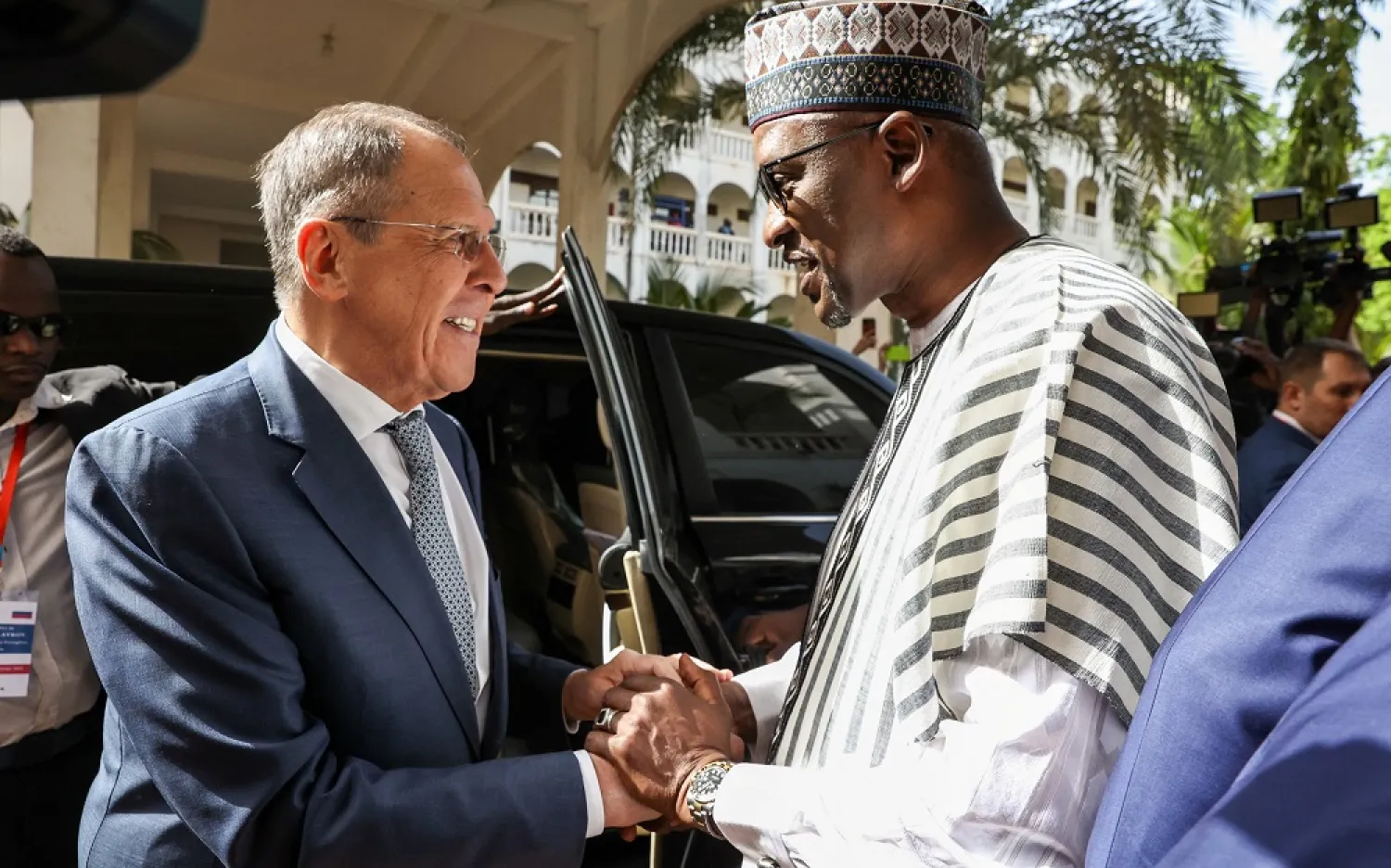Mali's foreign minister said on Tuesday it had no need to justify working with Russia on strengthening its military capabilities and importing oil and wheat, despite Western concerns.
Abdoulaye Diop was speaking as Russian Foreign Minister Sergei Lavrov made his first visit to the West African nation, where militants linked to al-Qaeda and ISIS have waged a decade-long insurgency that has spread to neighboring countries.
Lavrov said Russia would continue helping Mali improve its military capabilities, building on deliveries of equipment in the past month.
"Last year and at the start of this year ... a large consignment of Russian aviation technology was sent, thanks to which Mali's army was recently able to conduct successful operations against terrorists," Lavrov said during the joint news conference.
"A second consignment of aviation technology for these ends was delivered just recently on Jan. 19," he added.
Western governments are worried about the involvement in Mali of Russian private military contractor Wagner, which is also fighting alongside the Russian army in Ukraine.
UN experts last week called for an independent investigation into possible war crimes and crimes against humanity by Malian government forces and Wagner.
Mali, whose government took power in a 2021 military coup, has previously said Russian forces there are not mercenaries but trainers helping local troops with equipment bought from Russia.
Neither Lavrov nor Diop mentioned Wagner at the news conference.
"By choosing to strengthen cooperation with Russia, Mali ... wants to show and demonstrate that we are not going to continue to justify ourselves for our choice of partners," Diop told the reporters.
Lavrov said Moscow also hoped to start delivering wheat, fertilizers and oil products to Mali soon, which Diop lauded. Putin promised last year shipments of fuel, fertilizer and food worth around $100 million.
Lavrov has visited a series of African countries as Moscow, hit by Western sanctions over its war in Ukraine, seeks to deep trade ties and strategic partnerships elsewhere.
Mali's transitional president Assimi Goita will attend a Russia-Africa summit in St. Petersburg in July, Diop said.









